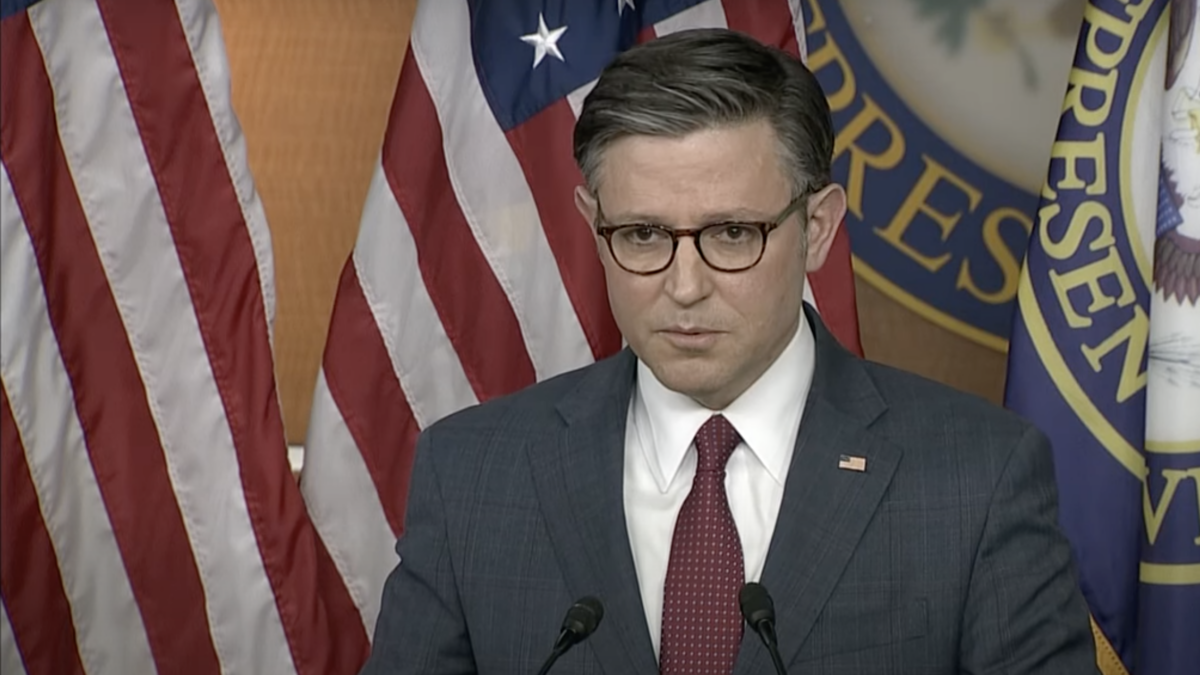
The deal’s off. President Trump revealed last week he had canceled a secret meeting planned with both Taliban leaders and Afghan President Ashraf Ghani at Camp David. A Taliban attack that killed an American soldier, the president tweeted, drove him to shut down the talks. Soon after, he evicted national security adviser John Bolton — who was increasingly at odds with Trump’s transactional, if erratic, instincts on Iran, North Korea, and now Afghanistan.
If we take Trump at his word, and accept that peace talks with the Taliban are “dead,” there is one obvious question to ask: So what? We don’t need permission from either the Taliban or our Afghan client government to withdraw U.S. troops and end American participation in Afghanistan’s intractable civil war. Trump can bring our forces home without a deal.
The security situation in Afghanistan is a stalemate at best. The Pentagon no longer tracks Taliban control at the district level, long considered a key security metric, but independent assessors such as the Long War Journal find the majority of the country’s districts and population are either Taliban-controlled or contested.
We do know that Afghan security force casualties are rising. Even Pentagon leaders admit Afghan army and police losses are “not sustainable.” Indeed, security force casualties may be double what they were three years ago, and recruitment, understandably, has dried up. Civilian casualties are rising, too, and not only because of enemy attacks. The United Nations mission in Afghanistan reports that in 2019, U.S. firepower and Afghan security forces killed more civilians than the Taliban did.
Military victory is no longer a realistic outcome in Afghanistan. Even the cynical “fighting not to lose” approach advocated by some in Washington may be impossible.
A negotiated agreement with the Taliban has its benefits. It would provide a fig leaf for an American withdrawal, potentially enabling the United States to claim credit for a tenuous but intact ceasefire. By tying the Taliban to a pledge to reject transnational terrorist allies, an agreement would provide a clear casus belli should U.S. troops need to return to Afghanistan to strike the Taliban again. And by affording a “decent interval” between a U.S. withdrawal and a potential Taliban triumph, an agreement could (slightly) camouflage the failure of this overlong and overambitious intervention.
However, the United States’ priority should be leaving Afghanistan, not securing a deal that would mostly be a public relations win. The survival of the corrupt and divided Afghan government does not depend on an agreement; the rickety Afghan state will stand or fall based on its soldiers’ will to fight and the financial support of external patrons.
Likewise, an agreement, no matter how great the accompanying photo-op, will not keep the Taliban from hosting terrorists again. Preventing the establishment of a new terrorist sanctuary — America’s only vital interest in Afghanistan — comes down to American ability to punish or even overthrow the Taliban again should it cross that line. A credible threat that “we’ll be back” matters far more than anything that can be put on paper.
Some foreign policy officials openly want American forces to remain in Afghanistan indefinitely for a host of reasons, including maintaining an outpost in Central Asia, safeguarding Afghan women’s rights, or making use of the country’s mineral wealth. For those trying to keep America in Afghanistan, endless negotiations can be a tool to prevent a prudent but expedient withdrawal.
Furthermore, an agreement with the Taliban has an additional, hidden downside: It may enable some, especially in today’s hyper-partisan politics, to avoid coming to terms with American hubris and failure in Afghanistan. A status-of-forces agreement and Byzantine Iraqi politics allowed partisan political actors and winless generals to claim President Barack Obama had “abandoned” Iraq and given away a victory.
This “stab in the back” narrative prevents an honest reckoning with America’s inability to defeat Islamic terrorism since 9/11. A negotiated agreement with the Taliban, however thin and temporary, could similarly obscure the long-overdue accountability for the many failures of America’s longest war.
Negotiations are nice, but withdrawal is the real goal. To paraphrase an original American winner, the late Oakland Raiders owner and coach Al Davis: On Afghanistan, “Just leave, baby.”









